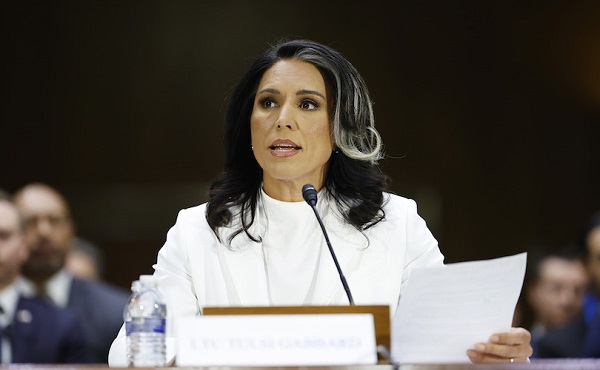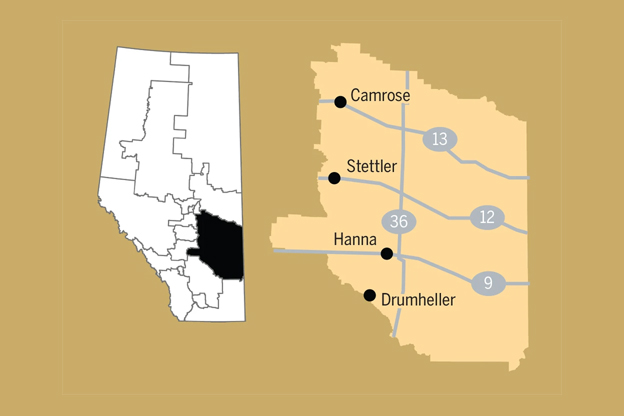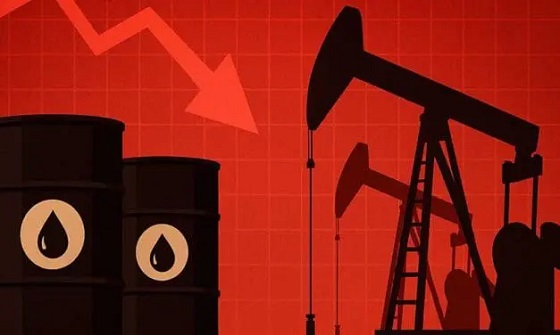Uncategorized
Trump squabbles with Democrats before speech on unity

WASHINGTON — The bitter partisanship of the past two years was on full display Tuesday just hours before President Donald Trump was to call for optimism and unity in his State of the Union address.
Senate Minority Leader Chuck Schumer of New York seems to have triggered the latest Trump twitter outburst when he said on the Senate floor that the president talks about unity in his annual addresses to the nation but “spends the other 364 days of the year dividing us.” He accused Trump of “blatant hypocrisy.”
Minutes later, Trump tweeted that Schumer hadn’t even seen the speech and was “just upset that he didn’t win the Senate, after spending a fortune.”
Skepticism was already expected from both sides of the aisle for Trump’s televised address to lawmakers and the nation. Democrats, emboldened after the midterm elections and the recent shutdown fight, see little evidence that the president is willing to compromise. Even Trump’s staunchest allies know that bipartisan rhetoric read off of a teleprompter is usually undermined by scorching tweets and unpredictable policy
The deeply personal attacks show the challenge for Trump as he attempts a reset with Congress. Still, the fact that his advisers feel a need to try a different approach is a tacit acknowledgement that the president’s standing is weakened as he begins his third year in office.
The shutdown left some Republicans frustrated over his insistence on a border wall, something they warned him the new Democratic House majority would not bend on. Trump’s approval rating during the shutdown dipped to 34
White House press secretary Sarah Sanders indicated the president would highlight what he sees as achievements and downplay discord.
“You’re going to continue see the president push for policies that help continue the economic boom,” Sanders said Monday night while appearing on “Hannity” on Fox News. “You’re also going to see the president call on Congress and say, ‘Look, we can either work together and get great things done or we can fight each other and get nothing done.’ And frankly, the American people deserve better than that.”
But Washington’s most recent debate offered few signs of
With the new Feb. 15 funding deadline looming, Trump is expected to use his address to outline his demands, which still include funding for a wall along the U.S.-Mexico border. He’s teased the possibility of declaring a national emergency to secure wall funding if Congress doesn’t act, though it appeared unlikely he would take that step Tuesday night. Advisers have also been reviewing options to secure some funding without making such a declaration.
“You’ll hear the State of the Union, and then you’ll see what happens right after the State of the Union,” Trump told reporters.
The president’s address marks the first time he is speaking before a Congress that is not fully under Republican control. House Speaker Nancy Pelosi, who won plaudits from Democrats for her hardline negotiating tactics during the shutdown, will be seated behind the president — a visual reminder of Trump’s political opposition.
In a letter Monday night to House Democrats, Pelosi wrote that she hopes “we will hear a commitment from the President on issues that have bipartisan support in the Congress and the Country, such as lowering the price of prescription drugs and rebuilding America’s infrastructure.”
In the audience will be several Democrats running to challenge Trump in 2020, including Sens. Kamala Harris of California, Cory Booker of New Jersey, Elizabeth Warren of Massachusetts and Kirsten Gillibrand of New York.
Another Democratic star, Stacey Abrams, will deliver the party’s response to Trump. Abrams narrowly lost her bid in November to become Georgia’s first black governor, and party leaders are aggressively recruiting her to run for Senate.
Schumer earlier previewed Democrats’ message for countering Trump, declaring Monday, “The number one reason the state of the union has such woes is the president.”
While Trump was still putting the final touches on the speech Tuesday, he was expected to use some of his televised address to showcase a growing economy. Despite the shutdown, the U.S. economy added a robust 304,000 jobs in January, marking 100 straight months of job growth. That’s the longest such period on record.
Trump and his top aides have also hinted that he is likely to use the address to announce a major milestone in the fight against the Islamic State group in Syria. Despite the objections of some advisers, Trump announced in December that he was withdrawing U.S. forces in Syria.
In a weekend interview with CBS, Trump said efforts to defeat the IS group were “at 99
U.S. officials say the Islamic State group now controls less than 10 square
However, a
Administration officials say the White House has also been weighing several “moonshot” goals. An announcement is expected on a new initiative aimed at ending transmissions of HIV by 2030. “He will be asking for bipartisan support to make that happen,” said White House
Trump’s guests for the speech include Anna Marie Johnson, a 63-year-old woman whose life sentence for drug
___
Associated Press writers Catherine Lucey, Zeke Miller, Darlene Superville, Matthew Lee and Lolita C. Baldor contributed to this report.
___
Follow Julie Pace at http://twitter.com/jpaceDC
Julie Pace, The Associated Press
Uncategorized
Poilievre on 2025 Election Interference – Carney sill hasn’t fired Liberal MP in Chinese election interference scandal

From Conservative Party Communications
“Yes. He must be disqualified. I find it incredible that Mark Carney would allow someone to run for his party that called for a Canadian citizen to be handed over to a foreign government on a bounty, a foreign government that would almost certainly execute that Canadian citizen.
“Think about that for a second. We have a Liberal MP saying that a Canadian citizen should be handed over to a foreign dictatorship to get a bounty so that that citizen could be murdered. And Mark Carney says he should stay on as a candidate. What does that say about whether Mark Carney would protect Canadians?
“Mark Carney is deeply conflicted. Just in November, he went to Beijing and secured a quarter-billion-dollar loan for his company from a state-owned Chinese bank. He’s deeply compromised, and he will never stand up for Canada against any foreign regime. It is another reason why Mr. Carney must show us all his assets, all the money he owes, all the money that his companies owe to foreign hostile regimes. And this story might not be entirely the story of the bounty, and a Liberal MP calling for a Canadian to be handed over for execution to a foreign government might not be something that the everyday Canadian can relate to because it’s so outrageous. But I ask you this, if Mark Carney would allow his Liberal MP to make a comment like this, when would he ever protect Canada or Canadians against foreign hostility?
“He has never put Canada first, and that’s why we cannot have a fourth Liberal term. After the Lost Liberal Decade, our country is a playground for foreign interference. Our economy is weaker than ever before. Our people more divided. We need a change to put Canada first with a new government that will stand up for the security and economy of our citizens and take back control of our destiny. Let’s bring it home.”
Uncategorized
Canada Needs A Real Plan To Compete Globally

From the Frontier Centre for Public Policy
Ottawa’s ideological policies have left Canada vulnerable. Strategic action is needed now
As Canada navigates an increasingly complex geopolitical landscape, the next federal government must move beyond reflexive anti—Americanism regardless of its political leanings. Instead, Canada should prioritize national interests while avoiding unnecessary conflict and subservience.
The notion that Canada can stand alone is as misguided as the idea that it is only an economic appendage of the United States. Both perspectives have influenced policy in Ottawa at different times, leading to mistakes.
Rather than engaging in futile name-calling or trade disputes, Canada must take strategic steps to reinforce its autonomy. This approach requires a pragmatic view rooted in Realpolitik—recognizing global realities, mitigating risks, governing for the whole country, and seizing opportunities while abandoning failed ideologies.
However, if Washington continues to pursue protectionist measures, Canada must find effective ways to counteract the weakened position Ottawa has placed the country in over the past decade.
One key strategy is diversifying trade relationships, notably by expanding economic ties with emerging markets such as India and Southeast Asia. This will require repairing Canada’s strained relationship with India and regaining political respect in China.
Unlike past Liberal trade missions, which often prioritized ideological talking points over substance, Canada must negotiate deals that protect domestic industries rather than turning summits into platforms for moral posturing.
A more effective approach would be strengthening partnerships with countries that value Canadian resources instead of vilifying them under misguided environmental policies. Expand LNG exports to Europe and Asia and leverage Canada’s critical minerals sector to establish reciprocal supply chains with non-Western economies, reducing economic reliance on the U.S.
Decades of complacency have left Canada vulnerable to American influence over its resource sector. Foreign-funded environmental groups have weakened domestic energy production, handing U.S. industries a strategic advantage. Ottawa must counter this by ensuring Canadian energy is developed at home rather than allowing suppressed domestic production to benefit foreign competitors.
Likewise, a robust industrial policy—prioritizing mining, manufacturing, and agricultural resilience—could reduce dependence on U.S. and Chinese imports. This does not mean adopting European-style subsidies but rather eliminating excessive regulations that make Canadian businesses uncompetitive, including costly domestic carbon tariffs.
Another key vulnerability is Canada’s growing military dependence on the U.S. through NORAD and NATO. While alliances are essential, decades of underfunding and neglect have turned the Canadian Armed Forces into little more than a symbolic force. Canada must learn self-reliance and commit to serious investment in defence.
Increasing defence spending—not to meet NATO targets but to build deterrence—is essential. Ottawa must reform its outdated procurement processes and develop a domestic defence manufacturing base, reducing reliance on foreign arms deals.
Canada’s vast Arctic is also at risk. Without continued investment in northern sovereignty, Ottawa may find itself locked out of its own backyard by more assertive global powers.
For too long, Canada has relied on an economic model that prioritizes federal redistribution over wealth creation and productivity. A competitive tax regime—one that attracts investment instead of punishing success—is essential.
A capital gains tax hike might satisfy activists in Toronto, but it does little to attract investments and encourage economic growth. Likewise, Ottawa must abandon ideological green policies that threaten agri-food production, whether by overregulating farmers or ranchers. At the same time, it must address inefficiencies in supply management once and for all. Canada must be able to feed a growing world without unnecessary bureaucratic obstacles.
Ottawa must also create an environment where businesses can innovate and grow without excessive regulatory burdens. This includes eliminating interprovincial trade barriers that stifle commerce.
Similarly, Canada’s tech sector, long hindered by predatory regulations, should be freed from excessive government interference. Instead of suffocating innovation with compliance mandates, Ottawa should focus on deregulation while implementing stronger security measures for foreign tech firms operating in Canada.
Perhaps Ottawa’s greatest mistake is its knee-jerk reactions to American policies, made without a coherent long-term strategy. Performative trade disputes with Washington and symbolic grandstanding in multilateral organizations do little to advance Canada’s interests.
Instead of reacting emotionally, Canada must take proactive steps to secure its economic, resource, and defence future. That is the role of a responsible government.
History’s best strategists understood that one should never fight an opponent’s war but instead dictate the terms of engagement. Canada’s future does not depend on reacting to Washington’s policies—these are calculated strategies, not whims. Instead, Canada’s success will be determined by its ability to act in the interests of citizens in all regions of the country, and seeing the world as it is rather than how ideological narratives wish it to be.
Marco Navarro-Génie is the vice president of research at the Frontier Centre for Public Policy. With Barry Cooper, he is co-author of Canada’s COVID: The Story of a Pandemic Moral Panic (2023).
-
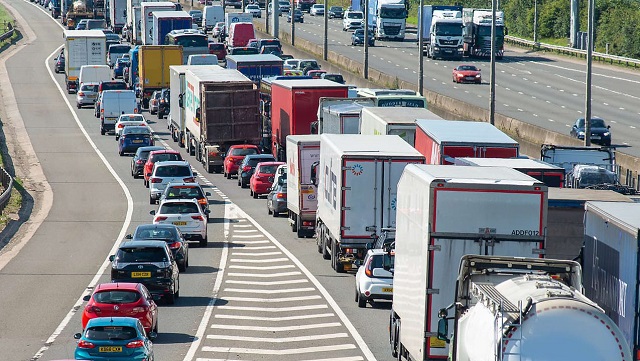
 Daily Caller2 days ago
Daily Caller2 days agoMisguided Climate Policies Create ‘Real Energy Emergency’ And Permit China To Dominate US
-
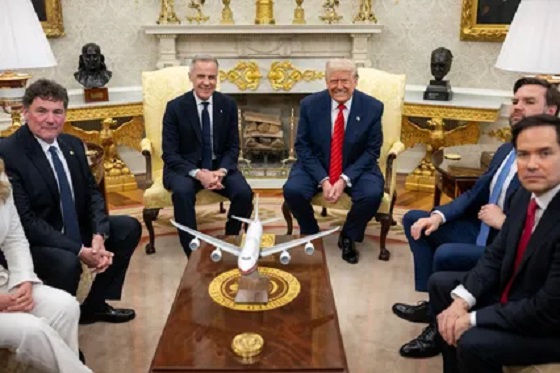
 Business2 days ago
Business2 days agoAfter successful anti-American election campaign, Carney pivots to embrace US: Hails Trump as a “transformational president”
-

 Alberta2 days ago
Alberta2 days agoBonnyville RCMP targeted by suspect driving a trackhoe – Update
-

 Alberta1 day ago
Alberta1 day agoCharges laid in record cocaine seizure
-
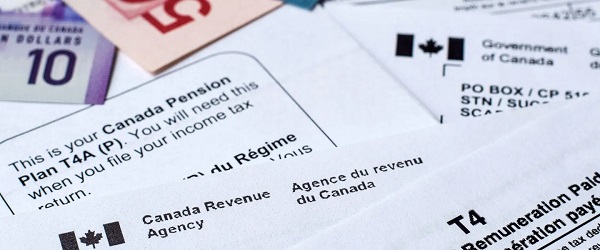
 Business2 days ago
Business2 days agoReality check—Canadians are not getting an income tax cut
-

 COVID-191 day ago
COVID-191 day agoStudy finds nearly half of ‘COVID deaths’ had no link to virus
-
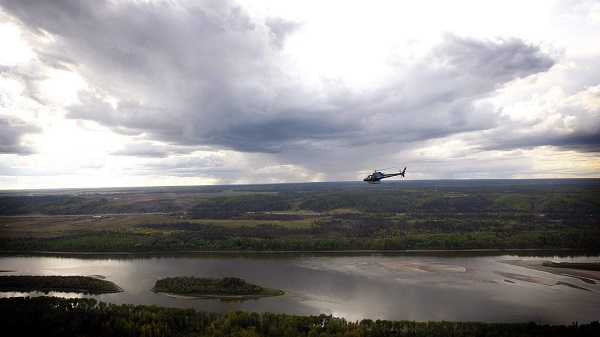
 Alberta1 day ago
Alberta1 day agoEnergy projects occupy less than three per cent of Alberta’s oil sands region, report says
-

 2025 Federal Election1 day ago
2025 Federal Election1 day agoCarney says Liberals won’t make voting pact with NDP
